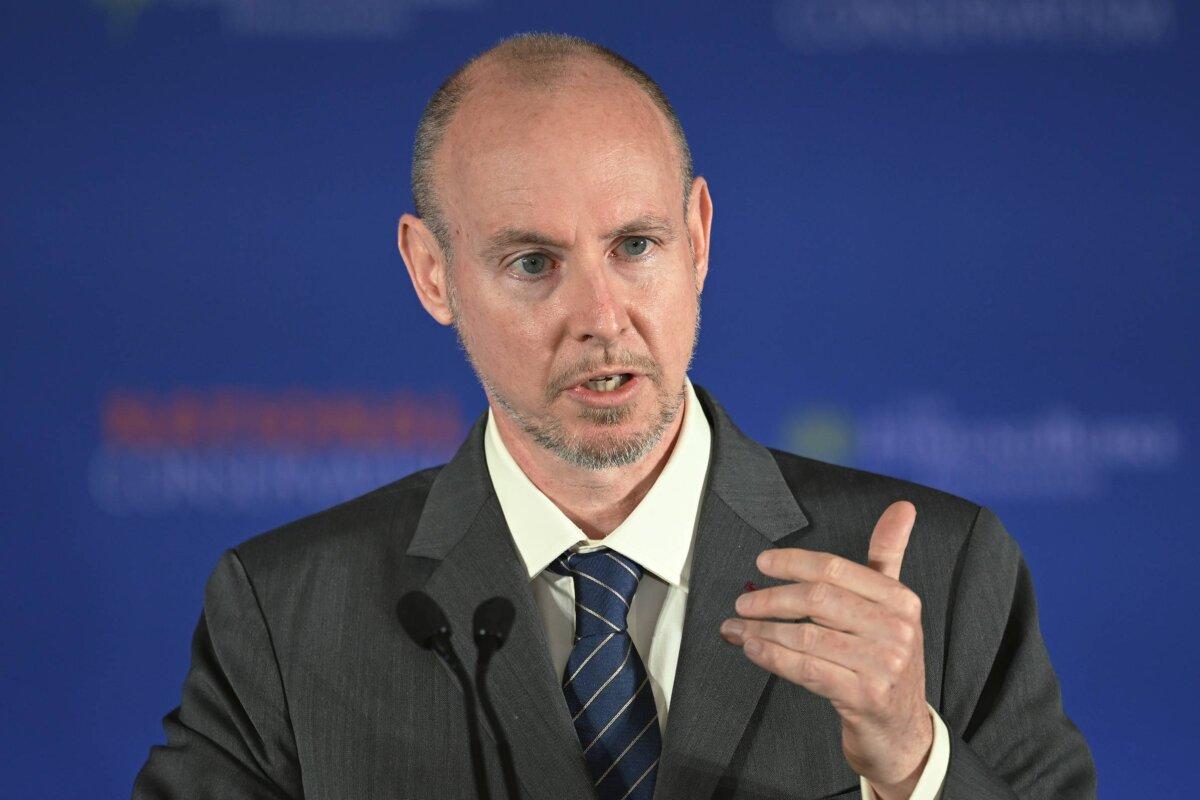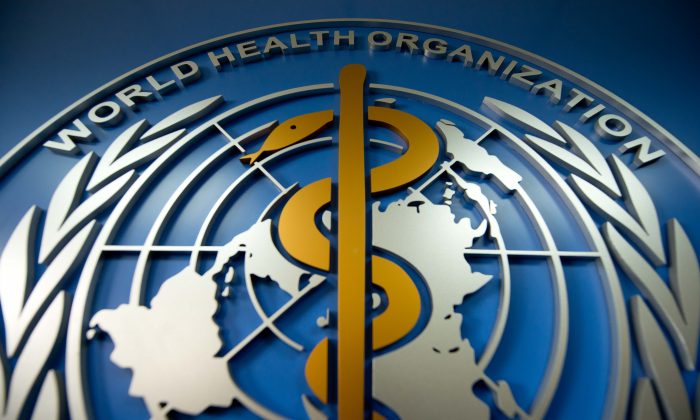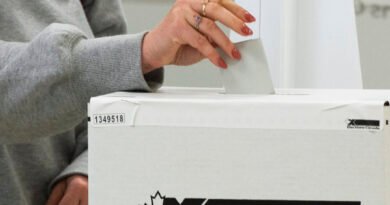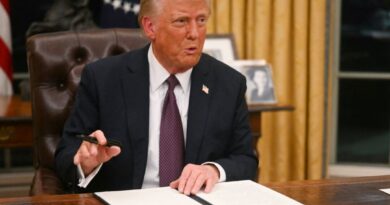A peer suggests that a pandemic treaty may violate WHO guidelines
The most recent amendments proposed in April sparked concerns about the loss of national sovereignty despite some softening of the proposals, with only a few weeks allowed for scrutiny.
During a House of Lords debate, worries were raised about the World Health Organisation (WHO) potentially violating its own regulations with the proposed amendments to the Pandemic Preparedness Treaty set for this month.
Lord Strathcarron, a Conservative backbench peer, questioned the government’s assessment of the warnings from independent experts at the Brownstone Institute regarding the potential breach of Article 55 of the United Nations by the WHO.
In response, Lord Markham, the government’s health and social care spokesman, stated that he believed the proposed amendments were in compliance with Article 55, emphasizing the importance of fundamental freedoms and human rights for all.
Lord Strathcarron pointed out that regardless of the WHO’s interpretation of its rules, Article 55.2 mandates four months’ notice to member states before agreeing on amendments, a requirement not met in this case.
He called for a delay in signing the treaty to allow for proper parliamentary scrutiny of the implications.
An interim draft of the proposed amendments was released by the WHO in April just before the International Health Regulations Working Group’s eighth meeting in Geneva, leaving only a month for concerned parties to analyze the treaty.
The latest proposals have been revised from their original form, although concerns about the WHO’s potential overreach persist.
Government’s Lack of Transparency
Lord Strathcarron criticized the government for being less than transparent about the UK’s intentions in the negotiations and expressed dissatisfaction with the WHO’s handling of the COVID-19 pandemic.
In response, Lord Markham reassured that the government would not agree to anything that compromised the country’s sovereignty or its ability to respond to pandemics effectively.
When questioned about manufacturing capabilities for medical equipment like PPE and vaccines, Lord Markham mentioned that facilities were prepared to resume production swiftly and praised the distribution of the Oxford AstraZeneca vaccine.
There were concerns raised that the treaty could inhibit countries like Sweden from avoiding extreme lockdown measures if future pandemics were declared.
Lord Markham stated that while information sharing was crucial, decisions on lockdowns would always be the responsibility of the UK government.
Baroness Merron from the Labour party accused the Brownstone Institute of spreading dangerous propaganda related to COVID-19 vaccines and mandates.
Lord Moylan questioned the WHO’s role in vaccine certification and its impact on the UK’s AstraZeneca jab, which is no longer licensed for use in the UK or EU.

‘An Urgent Call’
In 2021, world leaders issued an urgent call for an international pandemic treaty aimed at enhancing global pandemic prevention and response.
Former Prime Minister Boris Johnson was among the signatories proposing the treaty in March 2021.
The WHO’s proposals for increased data sharing and a globalized vaccination approach received immediate criticism for threatening national sovereignty and individual privacy, prompting adjustments to initial plans.
Concerns were also raised about the impact of lockdowns and coerced vaccinations through measures like vaccine passports.
Despite opposition, many MPs advocate for more international cooperation in responding to future pandemics.
The government maintains that the final substance of the treaty is subject to ongoing negotiations.





